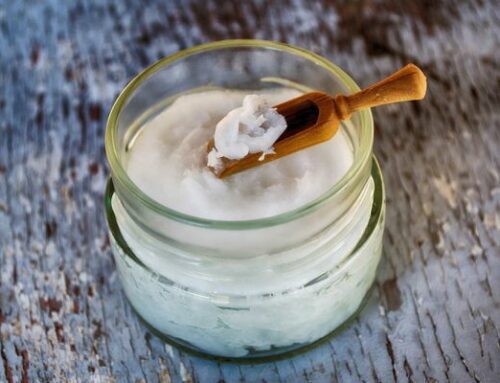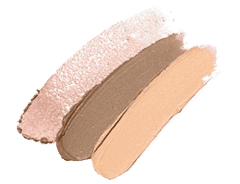Where does your mind go when you hear the word fermented? Most of the time, we typically think of fermented food products like yogurt and wine. But this methodology is also effective for achieving healthy, radiant-looking skin. The fermentation process is one that is transformative, and you may be more familiar with it than you realize. Fermented ingredients in skincare can bolster a skincare routine through the vast support of antioxidants and bioactive compounds.
Understanding Fermentation
The process of fermentation works like this– Microorganisms like bacteria and yeast digest and break down or modify an ingredient, transforming its chemical structure into a new form or compound. The result is the generation of new, skin-friendly ingredients such as probiotics and acids. Probiotics aid in the skin’s overall health by supplying nutrition to feed the microbiome (the ecosystem of bacteria which lives on the skin and influences the immune system).
Additionally, lactic acid is an alpha-hydroxy acid that is dubbed as one of the gentlest chemical exfoliants and helps in holding water in the skin and removing dead skin cells. The specific type of fermentation and the microorganisms used will affect the medley of metabolites, which are created as an end product of the fermentation. The metabolites are loaded with nutrients, vitamins, amino acids, organic acids, polysaccharides, and beta-glucans that nourish the skin and maintain the immune system.
How do Fermented Skincare Ingredients Help You?
Fermentation uniquely takes ingredients and makes them smaller. The process is fruitful because these broken-down ingredients could have an easier time penetrating your skin. Apart from deeply penetrating your skin, the host of other benefits demonstrate the potential for long-term use.
#1- Balancing the microbiome
As mentioned earlier, one of the greatest benefits of fermented ingredients in skincare is the production of probiotics. Fermented skincare will balance the levels of good and bad bacteria on the skin. The residents of the skin microbiome are needed to maintain healthy skin. If the microbiome is unbalanced, pathogenic bacteria can run rampant and mitigate the presence of good bacteria. Reduction in good bacteria causes issues like eczema, dermatitis, general sensitivity, and much more.
Skincare products with fermented ingredients restore the equilibrium by boosting the amount of good bacteria, which has an edge over disease-causing species. The balance also allows the enzymatic reactions to function at the highest level, effectively producing more natural humectants. These reactions draw moisture into the skin to satiate it with hydration, giving it that plump, glowing look that many are after. Probiotics could also aid in improving the skin barrier function, and has been shown to reduce inflammatory reactions that are present in skin disorders.
#2- Increased bioavailability for active ingredients
The increased penetration of fermented ingredients is due to the ingredients being broken up into smaller components. Since these smaller ingredients are swiftly absorbed into the skin, it is often referred to as making the ingredients biocompatible or bioavailable, a process that also helps with increased potency.
#3- Fermentation increases product shelf life
Fermentation could very well increase a product’s shelf-life since many of the byproducts of fermentation are both antibacterial and antifungal. Depending on the fermentation process that’s used, metabolites like lactic acids and acetic acids create a lower pH environment, further preventing growth of pathogenic bacteria, allowing the skincare products to last longer. Not to mention, the need to use less preservatives for the end product.
What Does the Research Tell Us?
Continued research on the efficacy of these products is always needed, but early findings are promising. Some studies have been providing evidence on the incentives of specific probiotic strains for skin health. One involved a look at the use of Lactobacilli and Bifidobacterium, as they are the most commonly used probiotics for mediating skin inflammation, treating atopic dermatitis and preventing allergic contact dermatitis. Probiotics have been shown to decolonize skin pathogens through the production of antimicrobial byproducts and prebiotics that support skin immunity.
Benefitting from Fermented Skincare
Fermented skincare could be beneficial for people with sensitive or acne-prone skin. Anyone using these products fermented or not, should ensure that they are noncomedogenic or oil-free. Due to the gentleness of the products, it could not hurt to experiment with the products to see how the skin reacts. As a raw cosmetics manufacturer, Phoenix Chemical takes great pride in educating our consumers on the latest news and trends in green chemistry, sustainability and caring for your health. If you have any specific questions on the fermented ingredients in skincare, contact us today!







